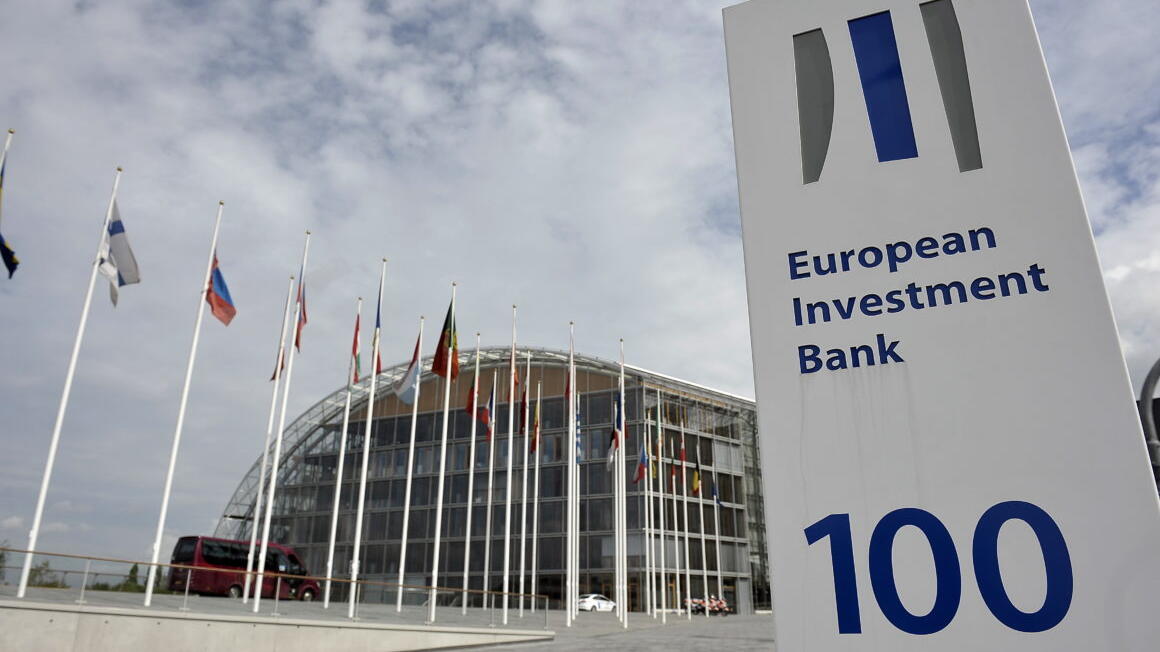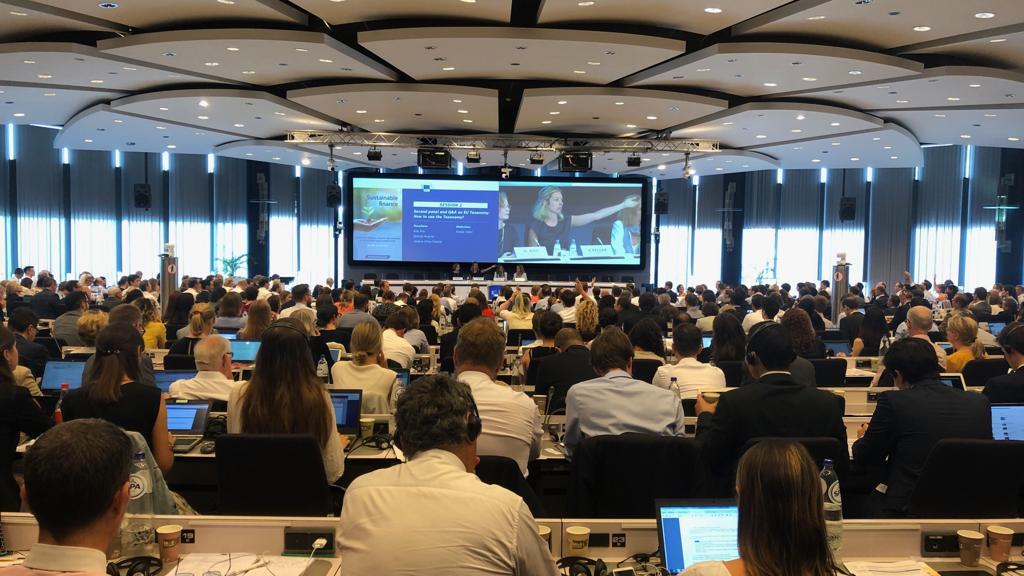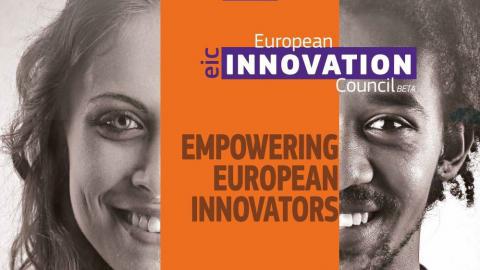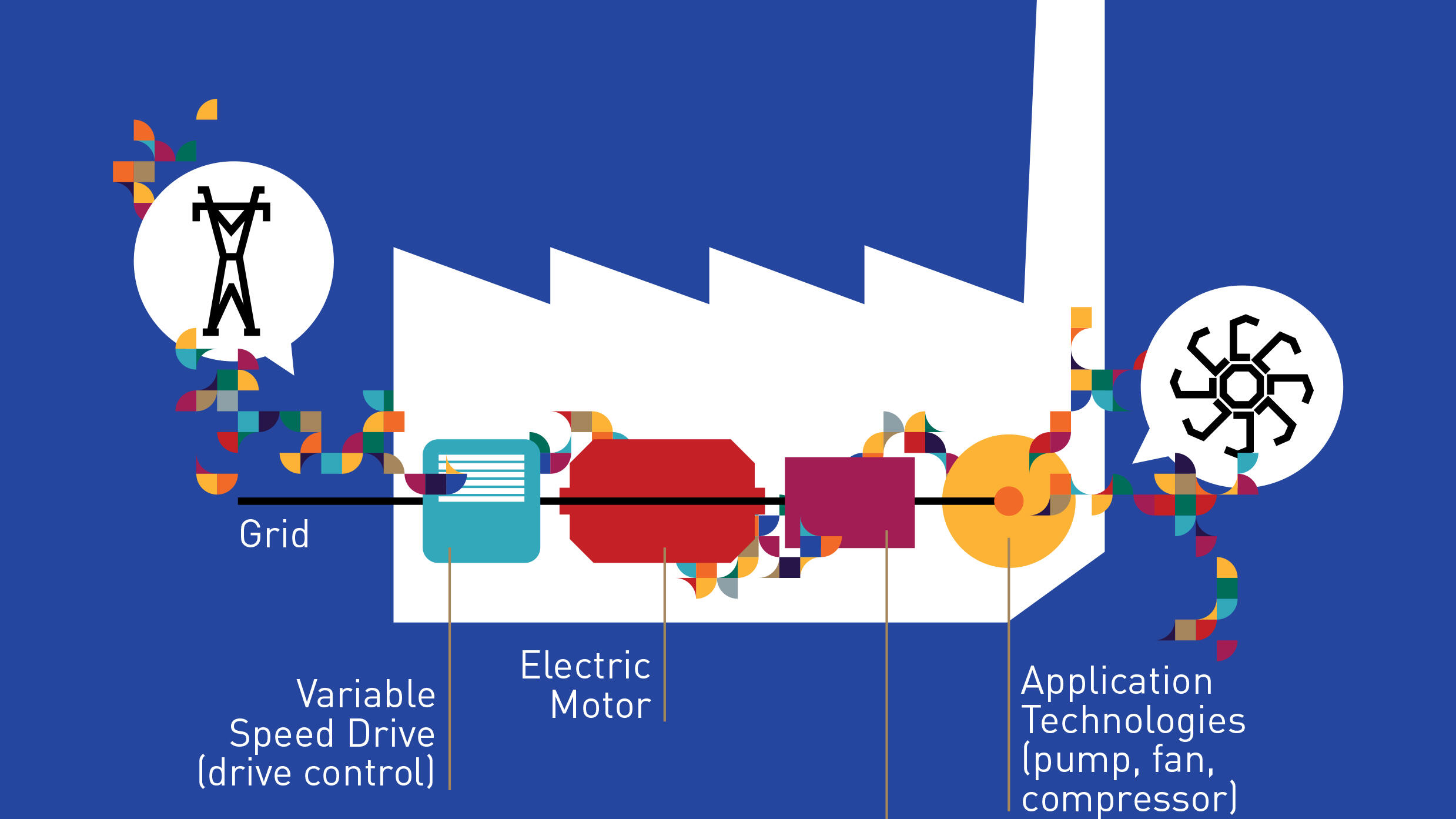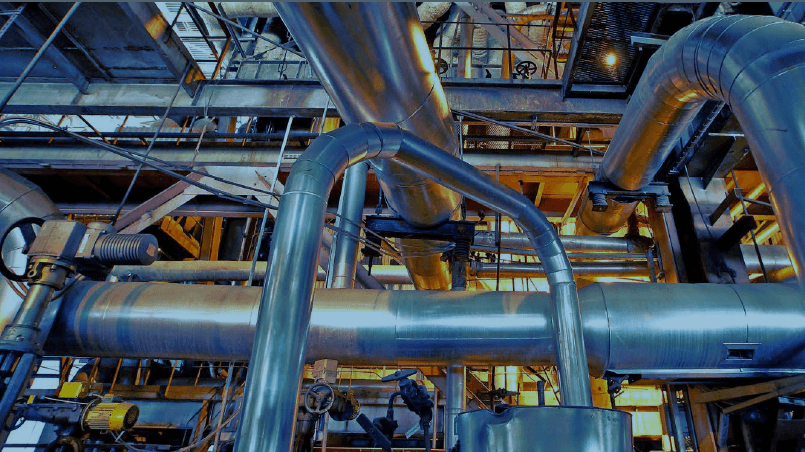 Articles
ArticlesInternet of Things (IIoT), big data, blockchain, digital twin technology are all the building blocks of the evolving ecosystem. Potential applications of blockchain technologies could be: markets for certificates of origin, network management and security, electric vehicle charging and coordination, flexibility services, peer to peer marketplaces, integration of retail electricity markets and wholesale energy trading. Key is to manage complexity of digital space and physical network and work on agreements an innovation across a wide range of industrial sectors. What remains to be answered is the most appropriate level and architecture of blockchain ‘governance’ EU is supporting research and innovation and innovation to test solutions at the interface of the Energy Union and the Digital Single Market, for example on big data and smart cities and IoT, and markets and platforms for grid services. And there are blockchain issues where the communication layer is definitely a key issue is the need for financers into digital energy market solutions that can raise customer awareness, digital skills,.
Read Full articleThe European Investment Bank (EIB) revises energy lending criteria
The European Investment Bank will phase out support to energy projects reliant on fossil fuels. These projects will not be presented for approval to the EIB Board beyond the end of 2020. All the Banks activities in the energy sector will be fully aligned with the Paris.
Read Full articleHungary, Portugal and Poland sign up to EU quantum communication infrastructure initiative
QCI will help Europe to secure its critical infrastructure and encryption systems against cyber threats. It will also enable data centres to store and exchange information safely. Long-term plan is for the QCI infrastructure to become the backbone for Europes Quantum Internet.
Read Full articleSustainable finance: Simplicity liberates action!
Energy efficiency financing is one of the foundations of sustainable financing in the EU. TEG identified 67 activities for sustainable finance and emphasised the urgencies for investments that need speedy energy transition. The key objective is categorisation and simplification of financing and investment.
Read Full articleEIC Accelerator Fund Investment Guidelines available!
The EIC Accelerator Fund is a breakthrough initiative of the European Commission. It is the first of its kind EU intervention in direct equity-type investments in combination with grants (blended finance) Investment Guidelines for Applicants detail the main guiding principles.
Read Full articleWhat the energy efficiency community can learn from the Club of Rome
Eceee has been focusing on sufficiency and we are making some inroads there. After the first oil crisis, energy efficiency became a policy option for governments and societies. But improving our efficiency does not necessarily lead to lowering energy demand or reducing GH.
Read Full articleElectric Vehicles & Heat Pumps: Electric motors play a crucial role in the energy transition
Electric motors are implicated in two major decarbonisation options involving electrification: electric vehicles (EVs) and heat pumps. Electrical power sector is the fastest to decarbonise because of the wide variety of carbon-free energy sources that can generate electricity.
Read Full articleICP partners made it!
ICP Europe is tackling two of the main drivers for energy efficiency markets. Investor Ready Energy EfficiencyTM (IREE) certification scheme in local countries. ICP has trained more than 450 Project Developers and Quality Assurance Assessors across Europe on its.
Read Full articleMore than Ronaldo - How 5 innovative Portuguese companies drive energy efficiency
The ICP framework is a set of Protocols that define a clear roadmap for developing projects. Members of the ICP Project Developer and Quality Assurance network can apply the framework and receive an ICPs Investor Ready Energy Efficiency™ (IREE™).
Read Full article“Simply not enough”
The Energy Efficiency Barometer of Industry (EEI) is twice a year gathering the voice of approx. 1,000 companies across 27 manufacturing sectors. EEPs team is working hard with a network of partners to give companies across the world the chance to.
Read Full article
